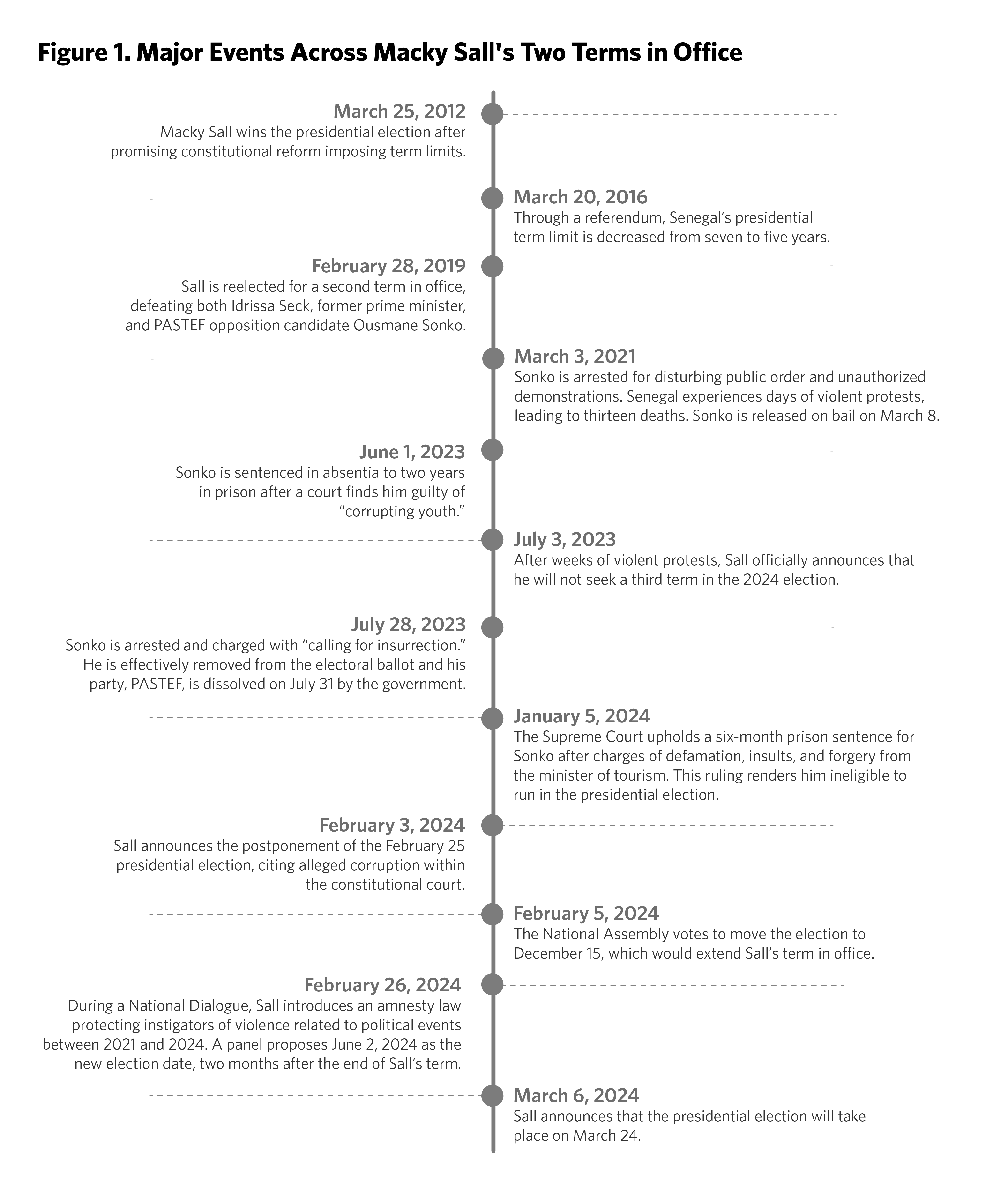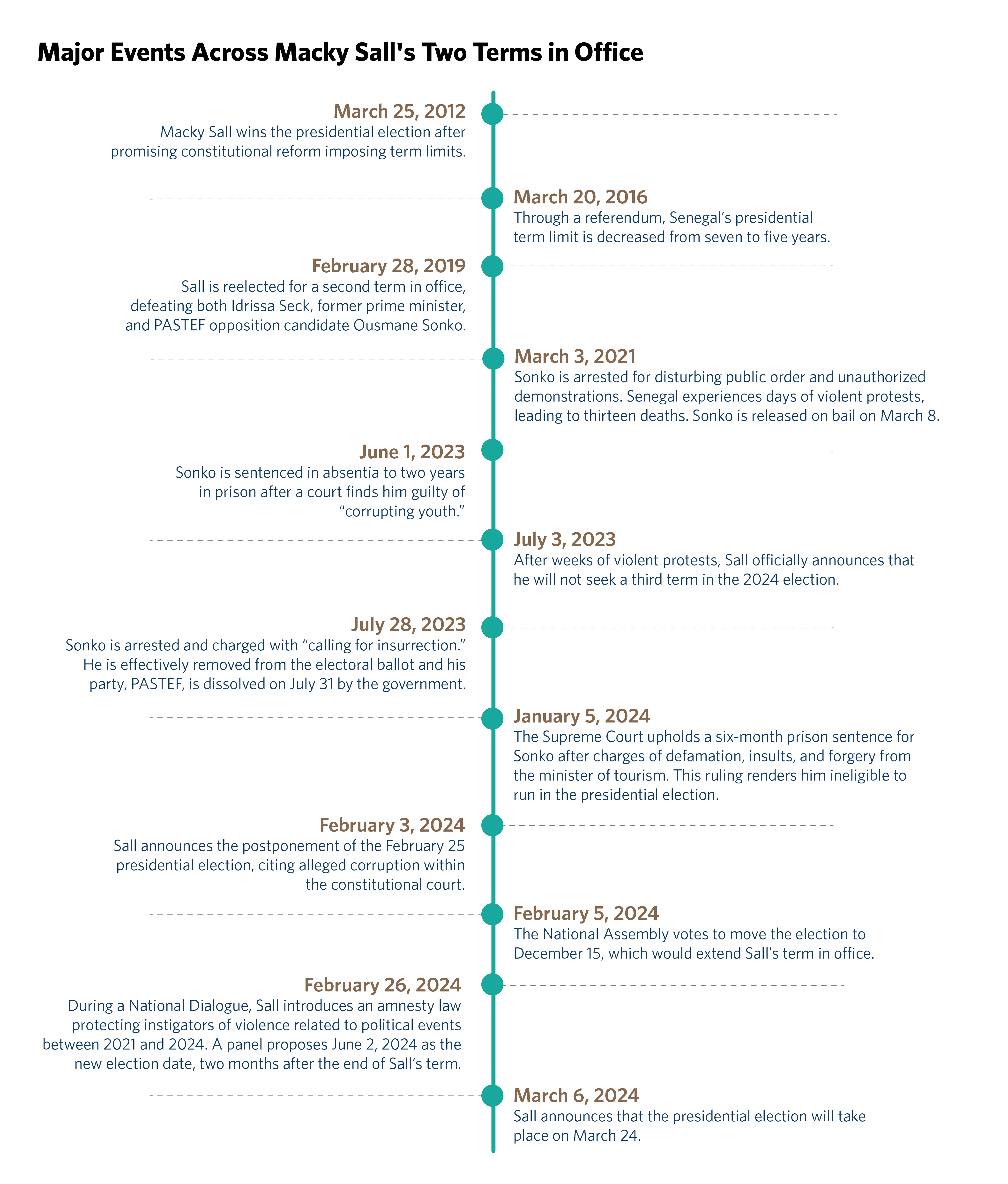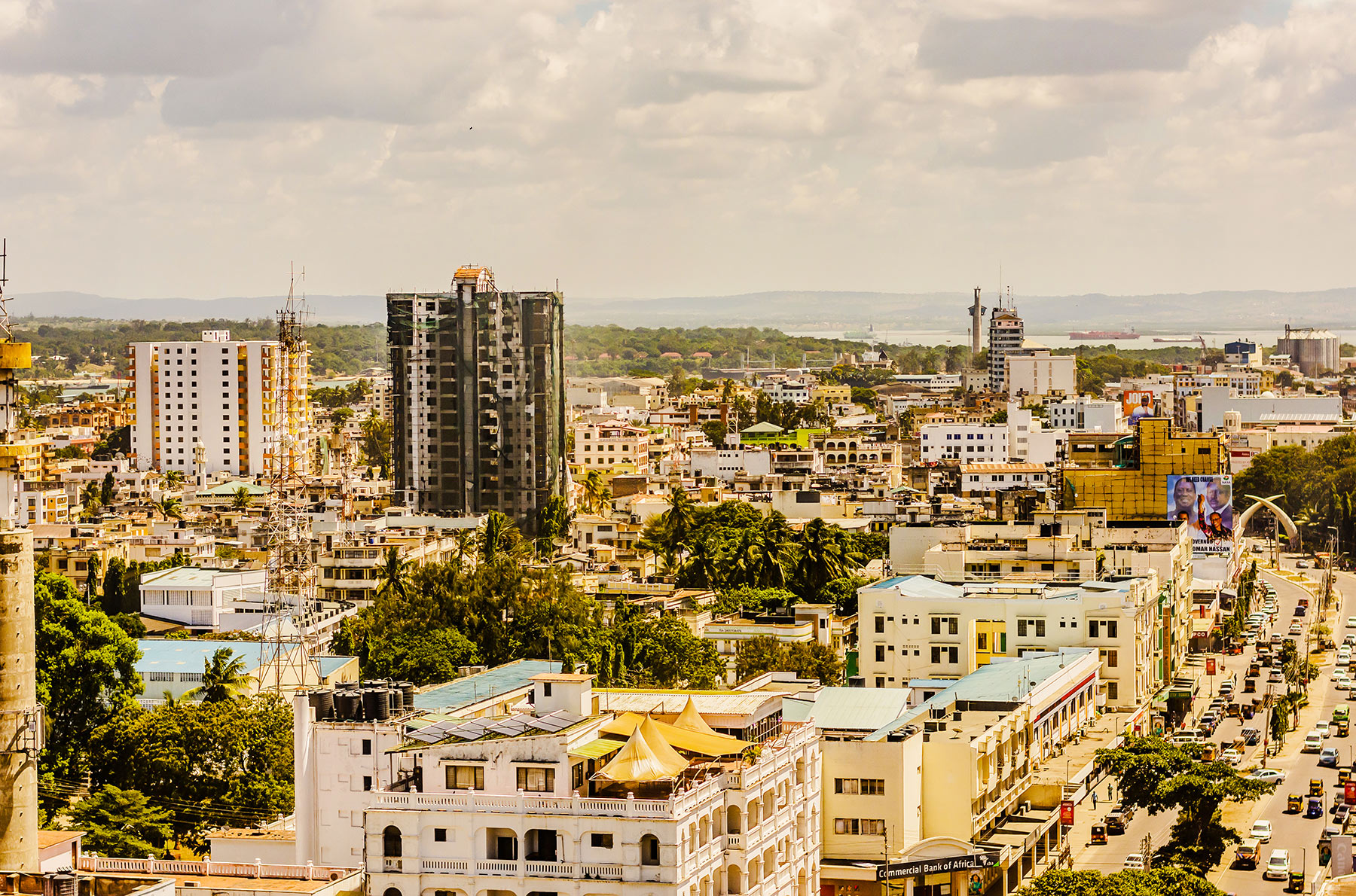April 2024
Dear Friends,
This month, the Carnegie Africa program hosted two dynamic events on Africa's trade and international relations.
On March 19, the Carnegie Africa program had the privilege of hosting South Africa’s Minister of International Relations and Cooperation Naledi Pandor. Carnegie’s Dan Baer, Senior Vice President for Policy Research and Europe Program director, and I joined Minister Pandor for a wide-ranging conversation on the U.S.–South Africa relationship and South Africa’s global role.
Minister Pandor described the U.S.–South Africa relationship as based on the shared value of democracy. In reference to the upcoming U.S. election, she asserted her hope that regardless of the election outcome, the administration in office would have “continued interest in the African continent and its development aspirations” and would see the United States as an important partner in African development. She affirmed South Africa’s commitment to nonalignment, admitting that while South Africa is “not a perfect democracy by any means,” there is a “strength in being able to speak to everyone.” Finally, Minister Pandor noted that fifteen of the fifty minerals designated as “critical” for the global energy transition come from South Africa. For this reason, she said, the “[U.S.–South Africa] strategic relationship will continue and must continue.” To watch the entire conversation, check out the video replay.A new bill—the U.S.-South Africa Bilateral Relations Review Act, approved for further consideration by the House of Representatives’ Foreign Affairs Committee on March 20—will no doubt have implications for the bilateral relationship. Originally introduced in February, the bill calls for the Biden administration to complete a comprehensive review of the U.S.–South Africa relationship, including whether South Africa has engaged in activities that undermine U.S. national security interests.
On March 27, the Carnegie Africa program hosted David Luke, professor and strategic director at the London School of Economics’ Firoz Lalji Institute for Africa, for a dynamic expert discussion on his book, How Africa Trades. Professor Luke presents broad analysis of Africa's trade relations within the continent, with the rest of the world, and with the U.S. The discussion included Florizelle Liser, who is president and CEO of the Corporate Council on Africa, and Anthony Carroll, senior advisor of Manchester Trade Ltd. While the group emphasized the imperative of renewing AGOA, they noted the need for further investments in trade facilitation and attention to the implementation of the African Continental Free Trade Area. Finally, they highlighted the global energy transition as a key factor in the U.S.-Africa trade relationship, and the urgent need to invest in the processing, refining, and manufacturing associated with "critical" minerals on the African continent. You can watch the video replay here.
Our nonresident scholar Gilles Yabi and research assistant Saskia Holman just released an article on the political dynamics that preceded Senegal's recent presidential election. Their piece details the calculations behind outgoing President Macky Sall’s election postponement attempt, the aftermath of Sall’s maneuverings, and what’s at stake for Senegal’s next administration. Our Chart of the Month, below, provides a timeline of major political events in Senegal across Sall's two terms in office.
The Africa Program is gearing up for a busy and exciting spring. We will be announcing new nonresident scholars joining us soon. To stay up to date on our publications and programming, be sure to subscribe to our newsletter and follow us on X (formerly Twitter) at @AfricaCarnegie.
Sincerely,
Zainab Usman
Director, Carnegie Africa Program
CHART OF THE MONTH
Our Chart of the Month, below, provides a timeline of major political events in Senegal across President Macky Sall's two terms in office. Senegal's presidential election took place on March 24, with Sall set to leave office on April 2.

FEATURES
Senegal’s democracy has emerged stronger—and with an energetic young president-elect—from the period of uncertainty created by outgoing President Macky Sall’s political maneuvers. Gilles Yabi & Saskia Holman
What the United States and Africa have accomplished in their first year of digital collaboration. Jane Munga & Ebelechukwu Monye
Recommendations from a high-level roundtable on an African agenda for World Bank reform hosted by the Carnegie Africa Program and the African Climate Foundation. Zainab Usman, Ebelechukwu Monye, Aline Abayo, & Andrew Danik
The redesign policy for Nigeria’s currency, the naira, resulted in a cash shortage and economic difficulties for Nigerians who rely on cash. However, implementation is still possible if policymakers consider several recommendations. Ebelechukwu Monye
DEVELOPMENTS ON OUR RADAR
- Niger Junta Ends Military Deal with US, Asks Troops to Leave [Bloomberg]
- Bill That Calls for Full Review of US Relations with SA Crosses First Hurdle in US Congress [Daily Maverick]
- Nigeria's High-Cost Oil Industry Is in Decline [The Economist]
- Damaged Undersea Cables Disrupting Africa's Internet Will Take Weeks to Repair [Semafor]
- Africa Has Become the Newest Contest for Cash-Rich Arab Rivals [Bloomberg]

Chart of the Month
